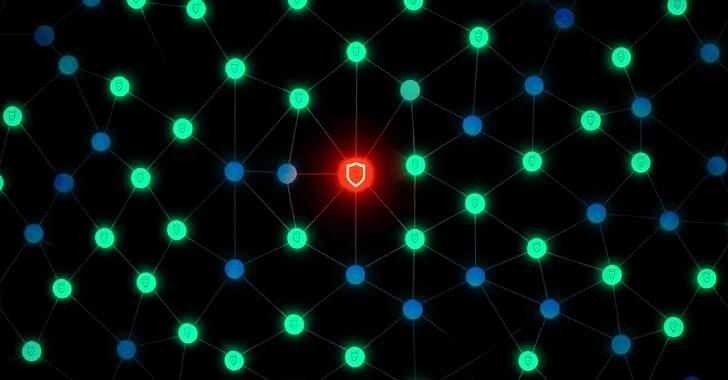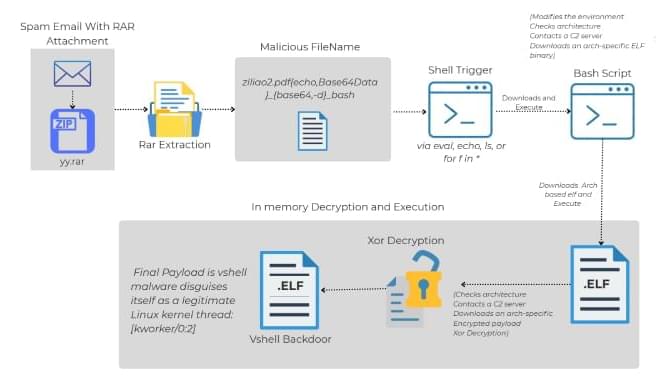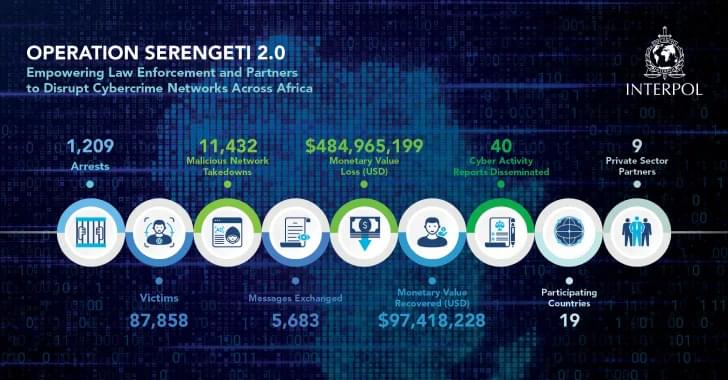Cybersecurity researchers are calling attention to multiple campaigns that leverage known security vulnerabilities and expose Redis servers to various malicious activities, including leveraging the compromised devices as IoT botnets, residential proxies, or cryptocurrency mining infrastructure.
The first set of attacks entails the exploitation of CVE-2024–36401 (CVSS score: 9.8), a critical remote code execution vulnerability impacting OSGeo GeoServer GeoTools that has been weaponized in cyber attacks since late last year.
“Criminals have used the vulnerability to deploy legitimate software development kits (SDKs) or modified apps to gain passive income via network sharing or residential proxies,” Palo Alto Networks Unit 42 researchers Zhibin Zhang, Yiheng An, Chao Lei, and Haozhe Zhang said in a technical report.









